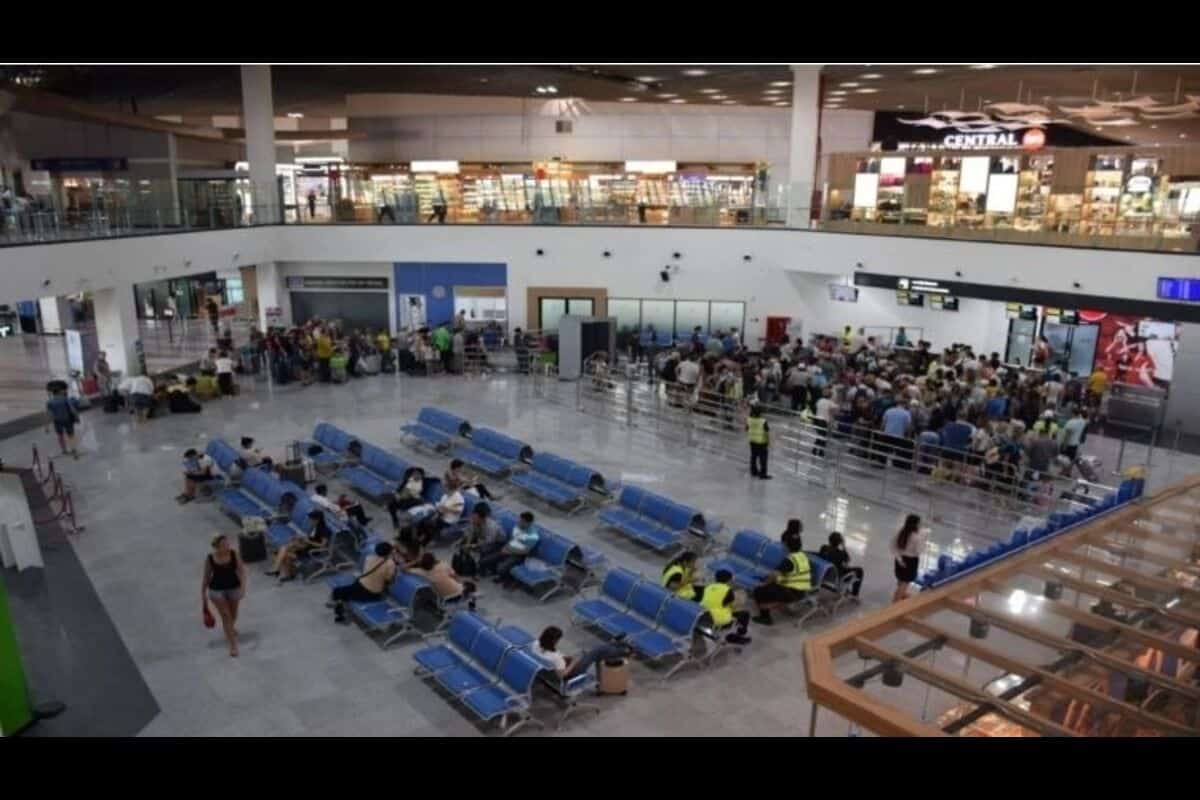U-Tapao Airport expansion cut as high-speed rail delays continue

The ambitious U-Tapao Airport expansion is being drastically scaled back as the Bangkok-Rayong high-speed rail project faces ongoing delays and uncertainty.
The airport, a key component of the Eastern Economic Corridor (EEC) development, was initially designed to handle 12 million passengers annually. However, with the high-speed rail link stalled for nearly five years, those plans are being significantly downsized.
U-Tapao International Aviation (UTA) chief Keeree Kanjanapas confirmed that the airport’s expansion and the creation of the Eastern Aviation City would continue, but on a much smaller scale.
“We’ve been waiting for nearly five years. We can’t wait any longer. We could pursue legal action, or we can work with the EEC. We’ve chosen to collaborate, as litigation isn’t productive for anyone.”
The 290-billion-baht project, spread across a 6,500 rai site within the EEC, was supposed to be a game-changer for the region, with the high-speed rail link acting as a crucial connector between Bangkok and Rayong.
However, the rail project has faced multiple delays due to revisions in the agreement, preventing key infrastructure work from starting. The situation has forced UTA to rethink its strategy.

The revised expansion plan could see the passenger terminal capacity reduced by up to 50%, catering to just five million passengers instead of the originally planned 12 million. The broader Eastern Aviation City, valued at over 600 billion baht, is also under review, awaiting clarity on government policy.
“We’re ready to proceed as soon as we have the necessary approvals. We urge the EEC to provide clarity as quickly as possible.”
High-speed rail agreement
Keeree emphasised the need for a decisive stance on the high-speed rail link, as the project’s purpose, whether for tourism, international passengers, or commuter traffic from Bangkok, will significantly impact investment decisions.
UTA CEO Wirawat Panthawangkun highlighted that the contract allows for revisions without formal amendments, offering more flexibility than the high-speed rail agreement. However, he stressed that changes would be justified and wouldn’t fundamentally alter the contract’s core terms, reported The Nation.
Wirawat also raised concerns about the planned tunnel beneath the passenger terminal, which was designed to accommodate the high-speed rail line.
“If there’s no high-speed train, what benefits will the government offer?”
The EEC has the authority to provide tax and non-tax incentives to attract investors, but additional legislation from the Finance Ministry is required. UTA’s decision to proceed without waiting for the rail link marks a significant shift in strategy, as the company navigates uncertainty to ensure the project’s viability.
Latest Thailand News
Follow The Thaiger on Google News:


























